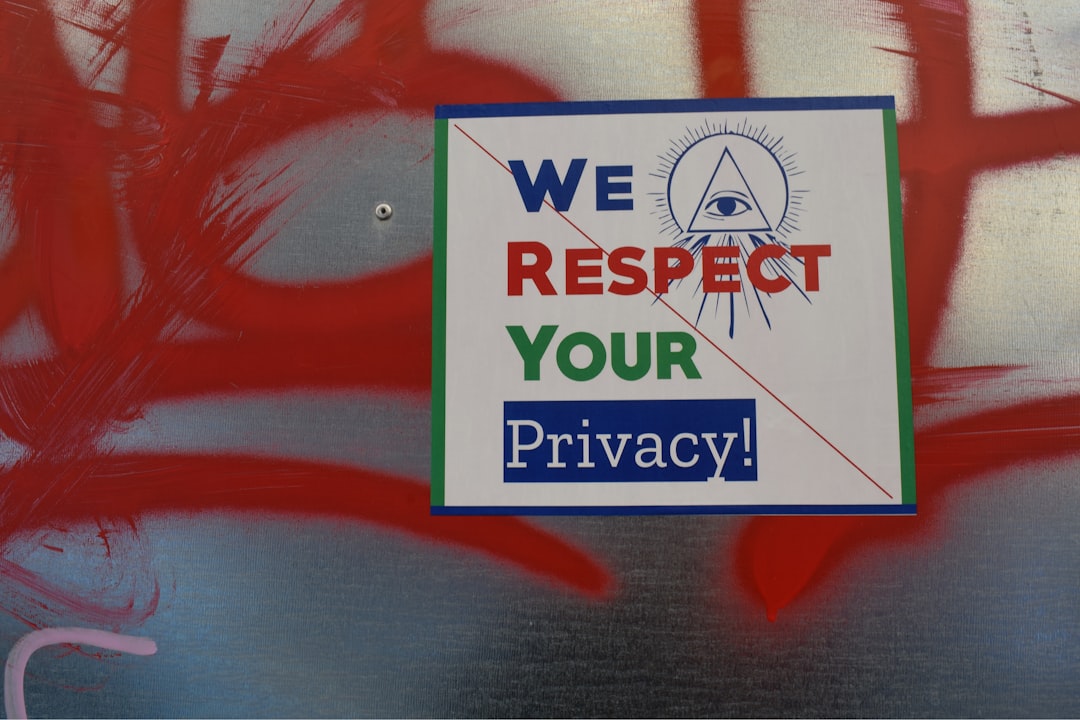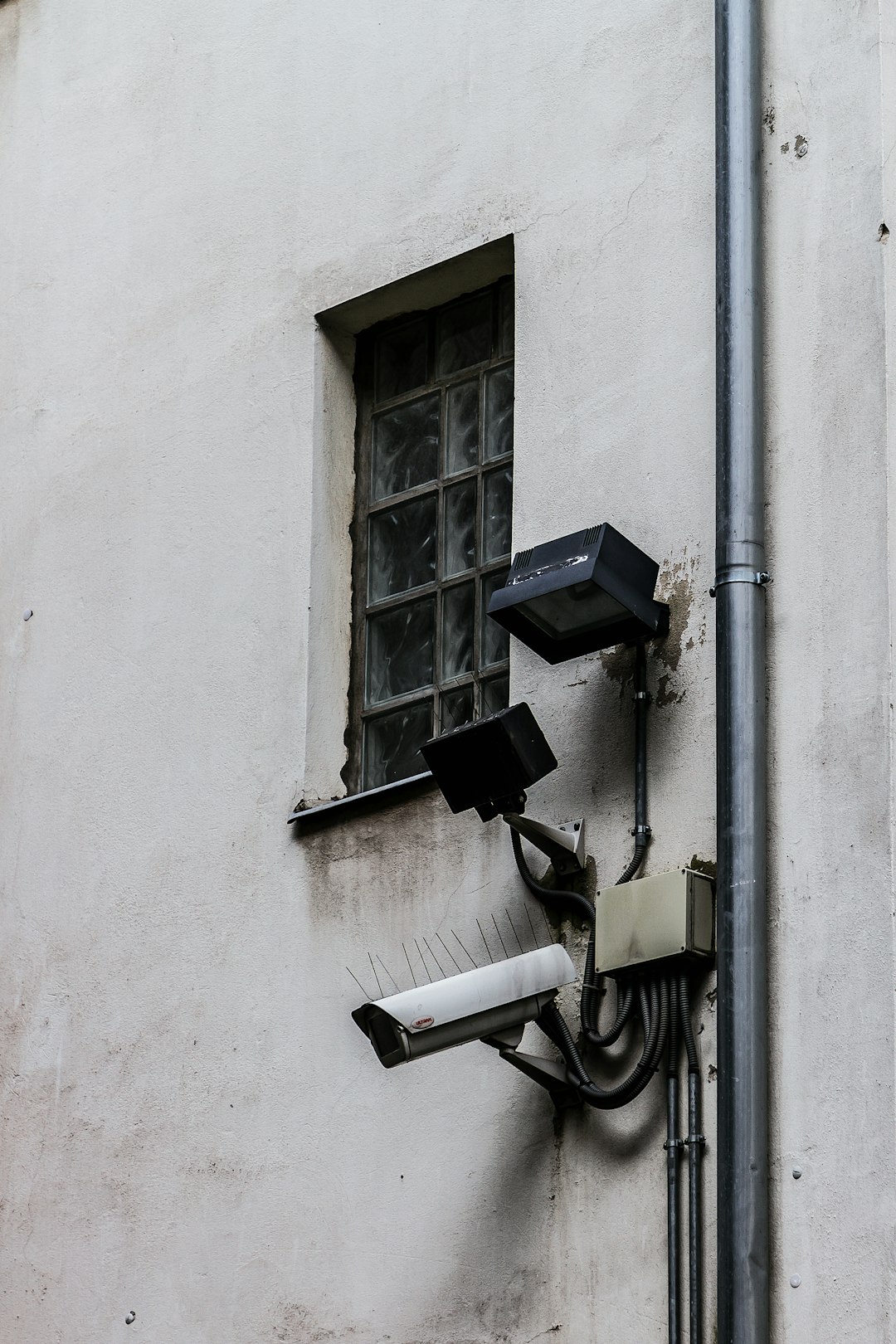Using a VPN in 2025 is still one of the best ways to protect your online privacy. But that doesn’t mean it makes you invincible. The internet is like a jungle, and while a VPN gives you some armor, it’s not a magic cloak of invisibility.
Let’s break down exactly what your VPN can and can’t protect you from. It’ll be short, fun, and super easy to follow. Ready? Let’s go!
✅ What a VPN Can Protect You From
- Spying ISPs: Your internet provider can’t see what websites you’re visiting when you use a VPN. That’s good news for your privacy.
- Public Wi-Fi snoopers: A VPN creates a secure tunnel. So even if you’re on sketchy café Wi-Fi, no one can sneak a peek at your data.
- Region locks: Want to watch Netflix shows from another country? A VPN can make it look like you’re browsing from there.
- Throttling: Some ISPs slow down certain sites. A VPN hides what you’re doing so they can’t target specific activities.
- Basic tracking: A VPN hides your IP, making it harder for websites to track you based on location or profile your activity.
Sounds good, right? VPNs do offer solid protection in a lot of areas.

🚫 What a VPN Can’t Protect You From
Here’s the truth. A VPN doesn’t make you invisible or untouchable. There are still some risks. Let’s look at what your VPN can’t shield you from.
- Malware & viruses: If you download a sketchy file or click a bad link, a VPN won’t stop a virus. You still need antivirus software.
- Phishing: A VPN can’t stop you from giving your password to a fake site that looks real. Stay alert!
- Tracking from cookies: Websites still drop cookies to follow your activity. VPN doesn’t clean them out.
- Social media tracking: If you’re logged into social media, they know it’s you—VPN or not.
- Your own behavior: If you give your data freely or use weak passwords, no VPN can help.
Think of it this way: a VPN protects your tunnel. But what you send through it? That’s still on you!
🔍 Real Talk: How Does a VPN Work?
A VPN acts like a middleman. You connect to the VPN server first. Then that server talks to a website on your behalf.
So instead of your real IP address showing, the website sees the VPN server’s IP. That makes it harder to trace you. Plus, everything between you and the server is encrypted. That means it’s scrambled into gibberish—no spying allowed.

🥽 The 2025 Situation: Is a VPN Still Worth It?
Absolutely. Here’s a quick list of why VPNs are still useful in 2025:
- Work from anywhere: Stay secure while working on-the-go.
- Bypass censorship: Access the open web if you live in or travel to restrictive countries.
- Secure your smart devices: From laptops to phones to smart TVs, VPNs keep them safer.
- Prevent location-based pricing: Flights and hotels sometimes change prices depending on your location. Sneaky, right?
But remember, it’s just one layer. Combine it with good habits: strong passwords, 2FA, avoiding shady sites.
🧠 Final Thoughts: What’s the Verdict?
VPNs are great privacy tools—but they’re not total security systems.
They’re like sunglasses. They hide your eyes but not your identity. Use them wisely. But don’t forget the other tools: antivirus, password managers, and common sense!
Stay safe out there. And remember—just because you’re wearing armor doesn’t mean you’re bulletproof. 😉
